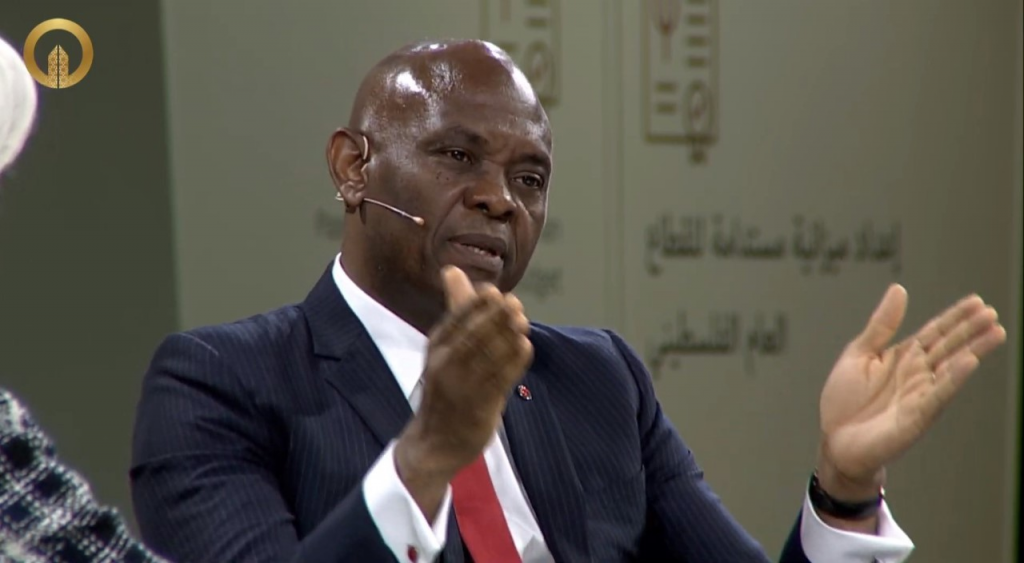Despite Africa’s economic growth, the continent still struggles with high unequal distributions of wealth. In a study conducted by WID in 2017, Africa stands out as an extreme income inequality region by international standards, with average incomes of the top 10% about 30 times higher than those of the bottom 50%.
Many strategies have been employed towards bridging the inequality gap such as in Lesotho where it was noticed that increases in formal wages among the poor, expansion of primary schooling, and favourable demographic changes all contributed to lowering inequality. The study by the world bank found that that the biggest reason for the decline has to do with introduction and expansion of social protection programs.
At the 2021 World Government Summit, leaders across the world discussed the rising challenges, economy, geopolitics and governance post-pandemic, and the need for governmental process and policies for “Africa’s Future Post 2021”.
When asked about what new billionaires will be coming up in Africa, Founder of the Tony Elumelu Foundation, Tony Elumelu, had indicated the need to move away from the curation of billionaire lists and instead focus on the impact and efforts that billionaires make to improve the lives of those around them in their countries and the continent.
“We should be talking of how many young Africans we are going to impact in 5- or 10-years’ time rather than the number of billionaires we have,” he said.
“Instead of having a pyramid of billionaires, I prefer we have a large base that has prosperity for all, happier people and people whose basic human needs are met. I think that’s what is going to give us the sustainability and the lasting peace we need in Africa.”
Mr Tony has often spoken about entrepreneurship and support for small and medium scale enterprises as one of the ways we can address poverty in a fundamental and sustainable way and the need for business leaders in Africa to show confidence in the African continent by investing on the continent, attracting investors to the continent and through this process, inevitably create jobs.
One of the common factors cited for investing in Africa is “too much risk” however, these investment options are not without attractive risk-adjusted returns which are often had from Africa’s burgeoning population.
What Africa needs is a long-term approach towards the people and partnerships that are beneficial to all parties involved. The recent milestone by fintech platform, Flutterwave’s integration with Paypal, which now allows African businesses receive payments from across the world presents one example of how the growth opportunity presented by the continent is fast being recognised.
For a more prosperous, equal Africa built for the many, not the few, investing in its young entrepreneurs and providing social safety nets enabling them to build and take off from the ground is essential to a sustainable approach to development on the continent.


